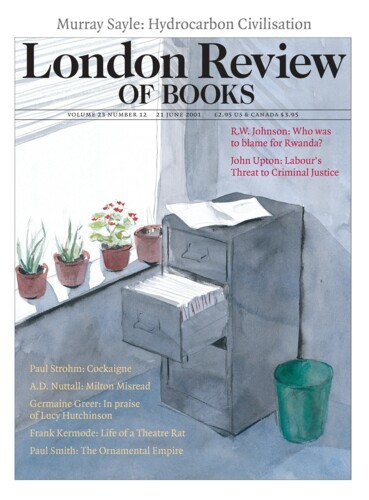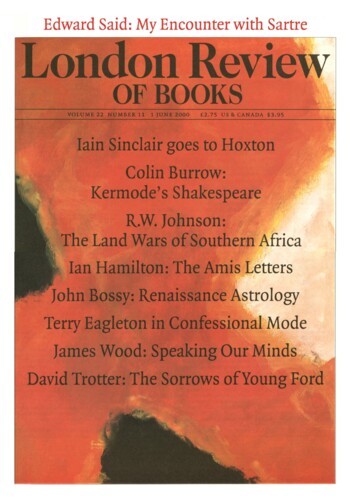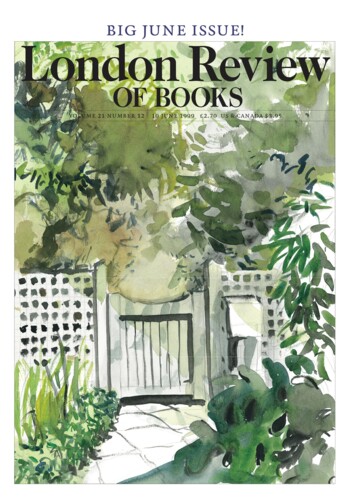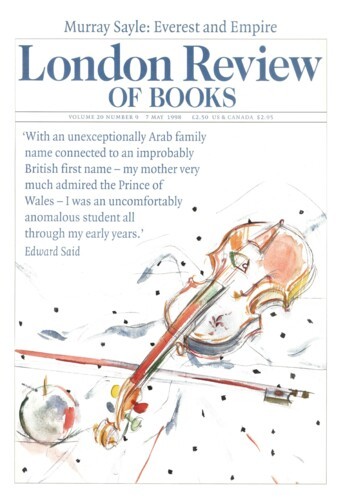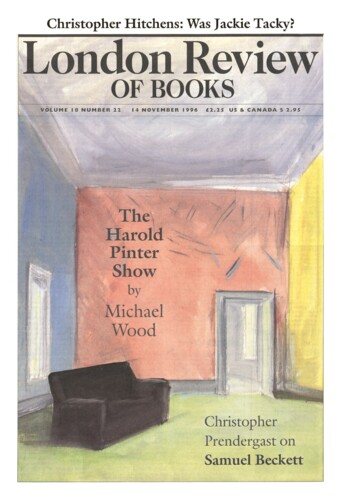Refuge of the Aristocracy: The British Empire
Paul Smith, 21 June 2001
The British Empire attained its maximum extent just after the First World War, but the peak of imperial visibility and imperialist sentiment at home was arguably reached two or three decades earlier, most colourfully in the great imperial pageant that marked the Diamond Jubilee of Queen Victoria in 1897. The thumping Unionist electoral triumph of 1895 was confidently ascribed by Sir Robert...
